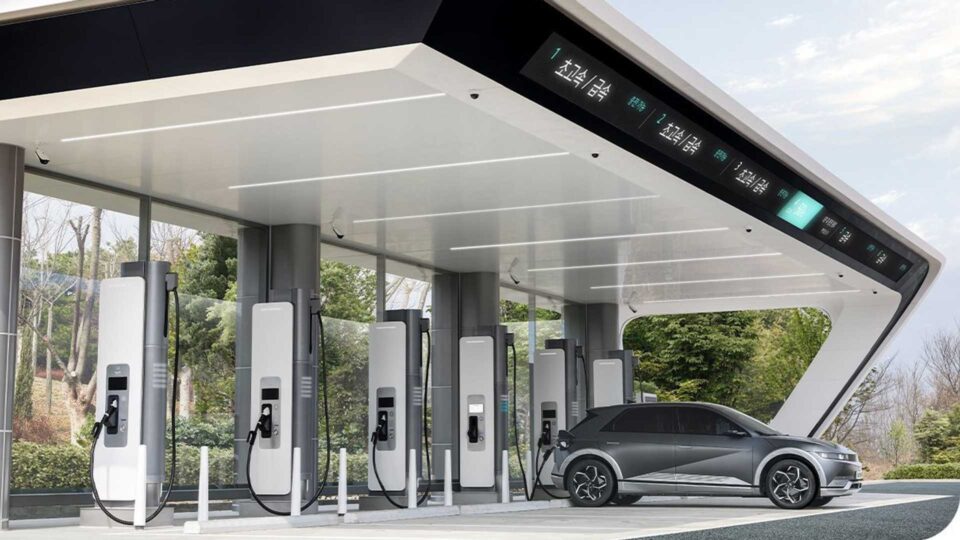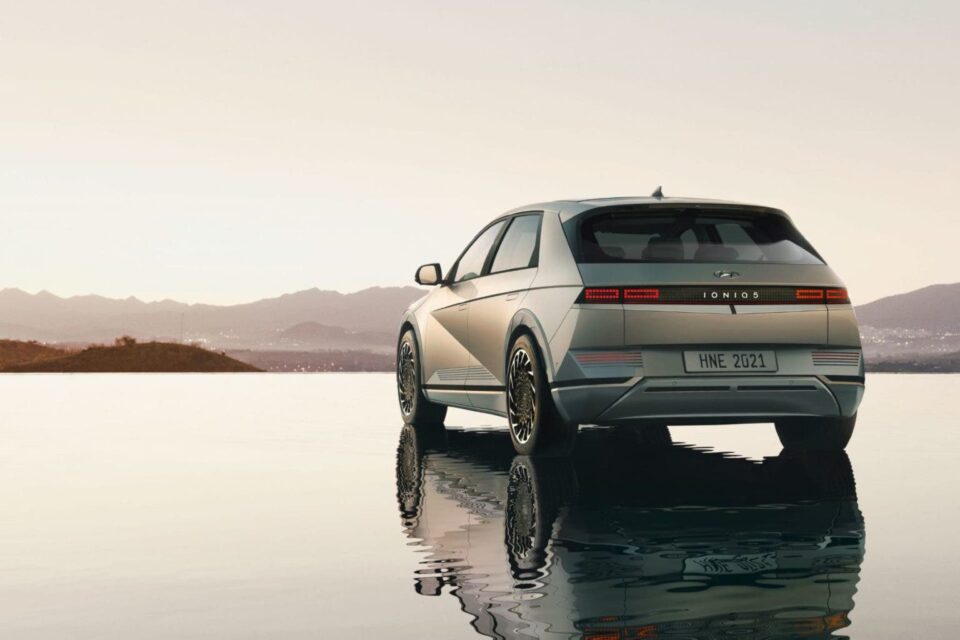Hyundai is doubling down on its electric vehicle commitments by joining the league of EV makers operating their own public fast charging networks. The South Korean auto giant has announced its plans to build what it is calling E-Pit stations in its native country.
This is coming as the company is launching its first electric vehicles that support 800 volts power train. Hyundai Ioniq 5 has already been revealed, with the Kia EV6 coming later in the year. This plan will make the models more suitable for longer trips as there will be more charging opportunities. The charging network will be a crucial component as Hyundai builds out its ecosystem of renewably fueled vehicles.

At the E-Pit stations, new Hyundai EVs based on its new modular platform, E-GMP, will be able to get 80% charge in under 20 minutes or 62 miles in only 5 minutes. There are plans for an initial batch of 20 stations, with a total of 120 charging stalls. 12 stations will be targeted at service areas off express ways, inspired by the pits stops popular in Formula 1 races. The remaining 8 stations will be distributed across city centers.
Aesthetically, Hyundai wants something upscale and comfortable, hence will add conveniences such as canopies. They will feature a digital payment system and drivers will be able to pre-pay for charging their vehicles. With an app that will be provided, drivers can queue up to charge during peak times. The charging hardware will automatically adjust its height and even rotate to be able to plug into vehicles easily.

While only Hyundai and Kia models will be able to use the ultra-chargers, the stations however will be able to charge at conventions speeds too. The chargers will be compatible with all electric vehicles using CCS Combo DC fast charging standard, meaning other manufacturers cars should be able to use the facilities.
Hyundai is open to partnerships with third party charging network operators in the country, and is even ready to consider add-on services such as car washing at their charging sites.
Tesla is the most common example of EV makers with their own charging network, known as Superchargers. However, Tesla uses proprietary tech, which means other brands can’t use the hardware. Rivian, Jeep and Porsche are also working on their own charging stations.